#gothic horror
Text
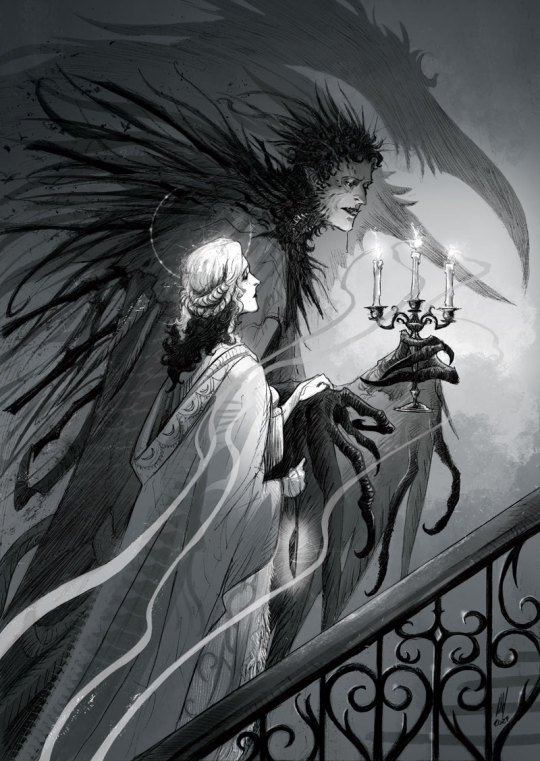
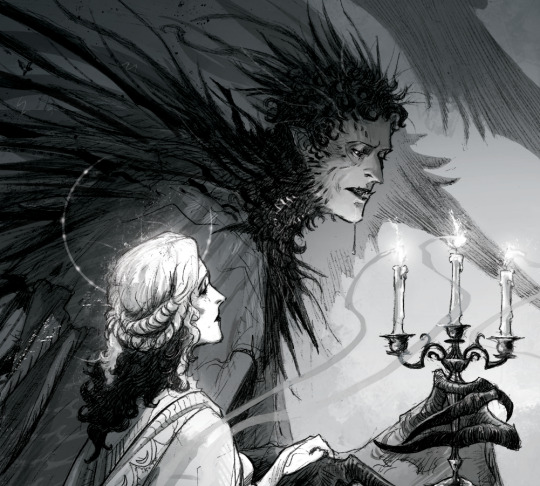
"Glows like moonlight..."
X
#my artwork#abz-j-harding#abzjharding#art#artist#artists#illustration#drawing#parliament of rooks#darius ravenscar#princess seraphina#gothic#gothic horror#comics#artists on tumblr#female artists
1K notes
·
View notes
Text
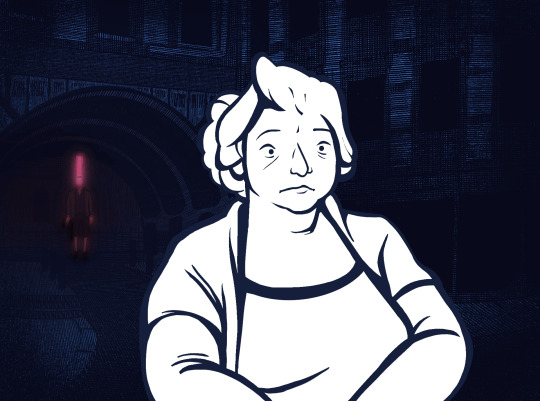

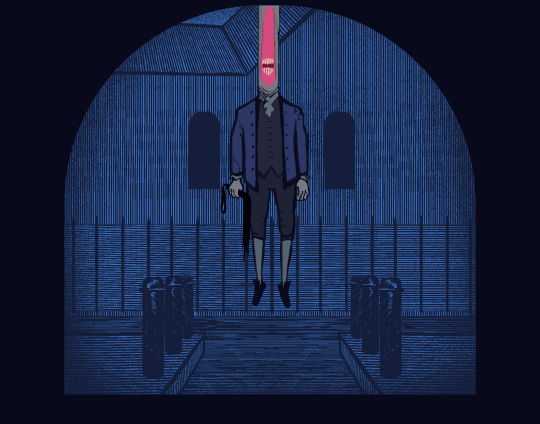
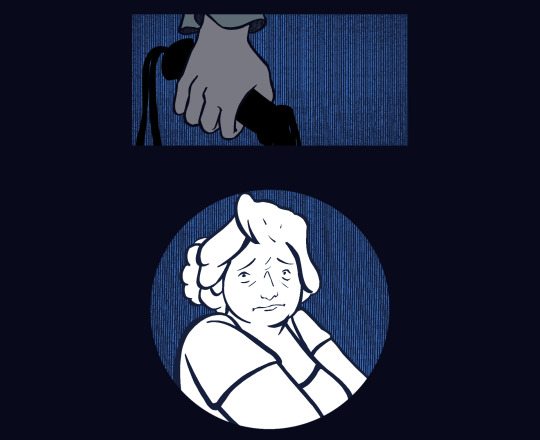
After the funeral, Mary saw her husband everywhere.
She wished she hadn't.
#horror#horror comics#oc#ocs#pendeedles#Victorian Horror#gothic horror#Paranormal Horror#paranormal#Psychological Horror#gothic#supernatural#horror art#supernatural horror#art#artists on tumblr#comic#comics#indie horror#indie comics#indie#independent horror#idk what to tag this
90 notes
·
View notes
Text
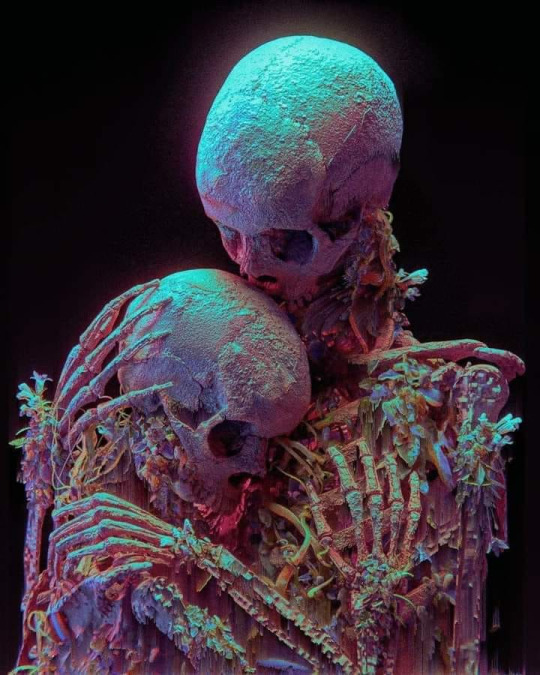
Art by Alejandro Castellanos.
#beauty in darkness#dark beauty#goth#dark art#gothic#grunge#dark#art#skull#dark aesthetic#im a creep im a weirdo#the darkness#darkness#dark artist#dark fantasy#dark grunge#darkart#darkcore#gothic horror#gothcore#gothic art#i will be a skeleton#skeleton#i want to be skeleton
104 notes
·
View notes
Text

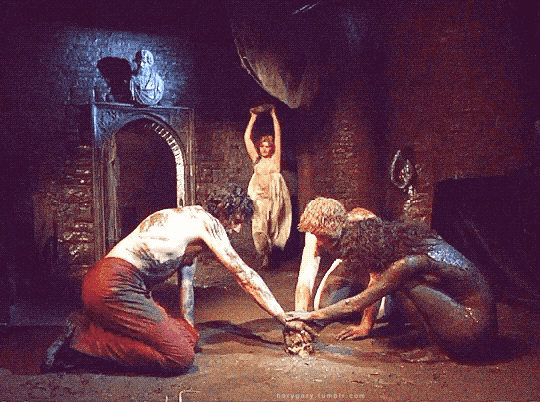
Gothic (1986)
#gothic#classic horror#1980s horror#80s horror#80s cinema#ken russell#gothic horror#mary shelley#lord byron#horror films#horror movies#cult classic#historical horror#dark romanticism#haunted mansion#horror fans#skulls#skull aesthetic#horror aesthetic#gothic aesthetic
36 notes
·
View notes
Text
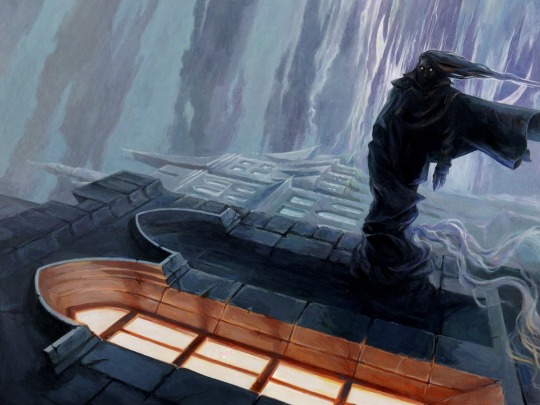
Nightly Visitor | prints
(not quite lizard fashion)
#my art#illustration#acrylic painting#art prints#dracula daily#dracula fanart#count dracula#dracula#bram stoker's dracula#lizard fashion#gothic horror#dark fantasy art#vampire art#artists on tumblr#traditional art
50 notes
·
View notes
Text
happy pride month to Count Dracula
#count dracula#dracula#dracula daily#bram stoker#bram stoker's dracula#gothic literature#gothic horror#literature#reading#books#classics
28 notes
·
View notes
Text
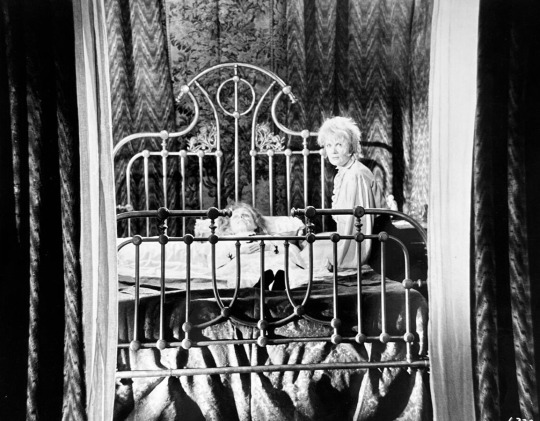
Milly and Jacqueline Pierreux in Black Sabbath (I tre volti della paura, 1963)
#i tre volti della paura#black sabbath#la goccia d'acqua#milly#jacqueline pierreaux#1960s horror#1960s movies#1963#mario bava#classic horror#gothic horror
30 notes
·
View notes
Text
Y'all wanna know about a gender-non-conforming knight from 13th century France? No? That's okay- I'm fine with talking to myself.
I'm obsessed with gender performativity in early medieval texts- so obviously I had to know everything about Le Roman De Silence.
To preface-
So, long before there was the Marvel Cinematic Universe- there was the interconnected works of the Arthurian Legends. The original superheroes- King Arthur, Merlin, Morganna le Fey, and the rest of the cast. However, one of the lesser known (only arguably canonical) interconnected texts of the Arthurian legend hails from France. People argue over whether or not to include these texts as part of the cannon of King Arthur because it's technically french- and the french-english divide between characterization of all the main players of Arthur's court is remarkably different. Much research on this suggests the discrepancy of characterization is largely due to distance between where the stories originate, and sociopolitical tensions between the French and the English. Either people were too far apart to share stories- thus too far apart to keep characterization uniform, or they fucking hated each other enough to mess up the characterization on purpose. For example, many of the French portrayals of King Arthur paint him to be a rather terrible person, where English portrayals are generally more kind to him.
All that aside- many people will disagree that Le Roman de Silence should even be part of the Arthurian legend canon anyway- because it only mentions Merlin at the end of the poem and because it's a super french poem.
The main storyline is about this character named Silence. From the Old French Poem- Le Roman de Silence.
Gender? No- Never heard of it.
The latter half of the story in this poem is predicated on a complex mediation of Nature vs Nurture. What happens is that a baby is born into a wealthy family, and for sociopolitical reasons, the family decides to raise the girl baby as a boy. They name this child "silence." Silence grows up with full access to an education, as was typical for the boy children of aristocratic medieval families- this education becomes important later as Silence wrestle with where they fit into the larger social structure after maturing into adulthood. Essentially, they find the idea of marriage too boring and would like to be a Knight or Explorer instead. (I love them.) Anyway, it's fascinating to me that the conceptual ideas of nature and nurture are personified into being something like "deities" which are overseeing the growth of Silence through the ages- and so we get these deities commentary.
Silence wants to be a knight- so Nurture brags about being right that gender is more performative than it is biological. Then, later Silence grows up to be remarkably "pretty" and according to the deity of Nature- they brag about being right that biology and gender are intrinsically tied. It's such a thought-provoking mediation on gender as either performance or pure biology that I forget it was written in the 13th century- long before Freud or Lacan or any of the others who became hyper fixated on human presumption of gender as either a social category or a biological necessity.
I argued in a paper, once, that the narrative itself does actually finally end on the note that Gender is a performance, and it is tied into social roles only so the ruling class can have control of the population. That is why the stories ending shifts into horror-genre-esque of Silence marrying into the upper-ruling class.
I also have a strong urge to write a Fanfiction of Silence as a knight- who does not meet a sad fate but rather lives happily as a knight and eventually marries a princess. Okay- Okay? fine I said it. I said it-
Social pressure to marry?
The story takes a dark turn, however- when the King demands Silence to reveal themselves in front of the court. Obviously, even the author of the story was aware that misogynistic social standards would not allow for people to ever really be free of gender stereotypes and roles. So, Silence is then forced out of the adventurous lifestyle of a knight and into a marriage. Also, this is the place in the story where Merlin makes an appearance (I have a theory that Merlin is representative of the devil, and the author really hated that all AFAB people were forced into marriage back in 1200's. So that's why the devil shows up when all the bad shit is happening to Silence).
Inevitability and dismay-
What I find particularly interesting about this poem is the fact that the end, as Silence is forced into marriage and back into "proper" social roles for their assumed biological characteristics, is the fact that it is written like an early attempt at gothic horror!
So, one of the stipulations for something being a "gothic horror" is 1.) old, archaic, twisted buildings. (this blog is indeed named after my fixation with gothic horror elements, it's interplay relation to social reform, as its emphasis on decay as the tonal necessity for social indemnification). Anyway, the other most important aspect of gothic horror- is an overwhelming sense of desolation, isolation, and loneliness.
Sure, Silence is forced into marriage- but even with the forthright writing style of the author, we, as readers, are struck by Silence's loneliness. Thus, the "happily ever after" part of the storyline wherein the characters get married, as it traditional to chivalric romance, is recriminated against in subtext. Now, we have a moment in which the "happily ever after" is a creation of horror rather than peace.
Ending the narrative with marriage as equivalent to a loss of freedom and a sense of evermore-present loneliness, cumulating in the edifice of horror-struck fear in Silence at their own new future, is a remarkably bold social statement coming from a 13th century author.
I just think it's a really interesting text on the thematic points of negotiating Gender identity, in broader terms of performance and social roles, as much as it is a critique on the total social control that the monarchy held over the people of 13th century France.
Edit: I need to add that Silence themselves consistently rejects the idea that they are AFAB and instead only ever refers to themselves as "Silence" or "the knight"
#le roman de silence#medieval literature#13th century#manuscript#nature vs nurture#traditional gender roles#gender roles#france#french literature#french poetry#classic literature#academia#dark academia#gothic horror#marvel cinematic universe#king arthur#merlin#arthurian legend#arthurian mythology#arthurian literature#knight#medieval knight#gender#agender#nonbinary#chivalry#romantic literature#literary criticism#literary theory#poetry
21 notes
·
View notes
Text
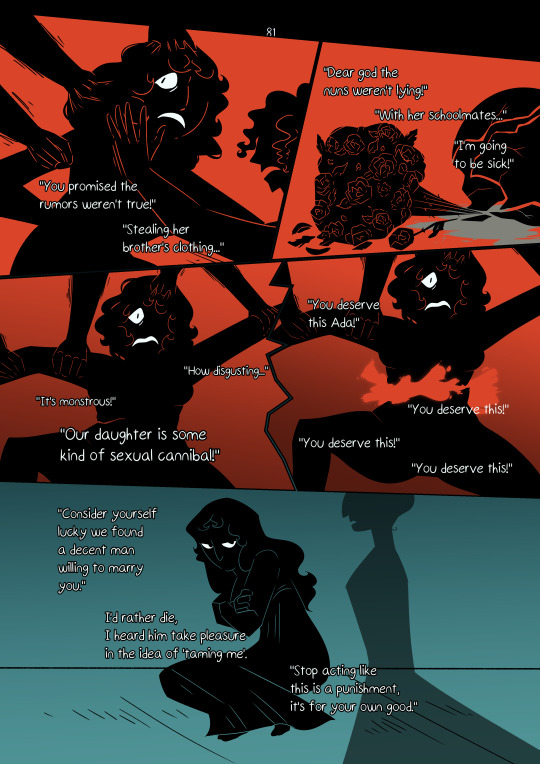
- 081 -
Start // Previous // Next page
[Support here: Itch // Patreon // Or read on my website ]
#webcomic#lgbtq webcomic#horror comic#gothic horror#webcomic update#comics#comic art#horror art#masonry of the body#homophobia#blood
29 notes
·
View notes
Text
Poll: Favourite Universal Monsters

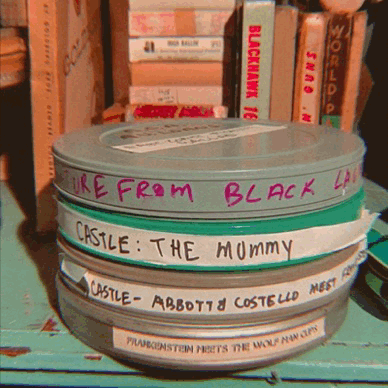
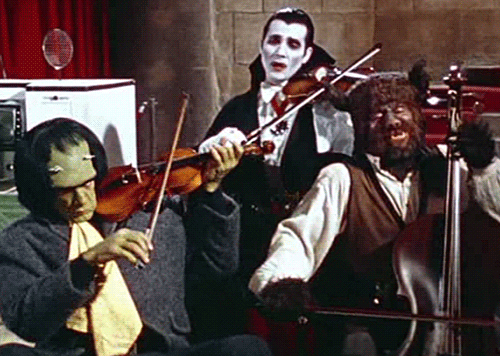
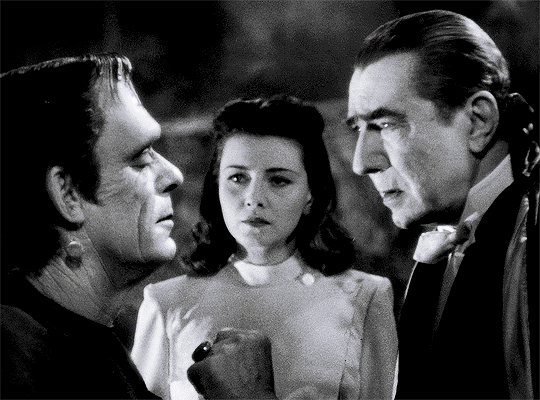
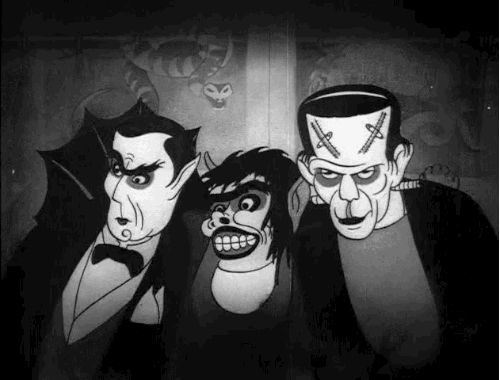
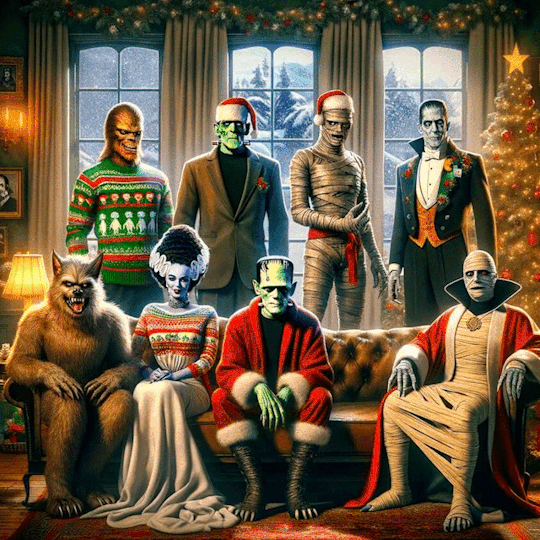

#my post#cult movies#vintage#model#horror#old hollywood#universal monsters#classic universal monsters#universal horror#dracula#frankenstein 1931#frankenstein#frankensteins monster#the wolf man#bela lugosi#boris karloff#lon chaney#lon chaney jr.#the mummy#creature from the black lagoon#creature feature#the bride of frankenstein#horror film#horror films#vintage horror#classic horror#dr jekyll and mr hyde#the phantom of the opera#the hunchback of notre dame#gothic horror
17 notes
·
View notes
Text
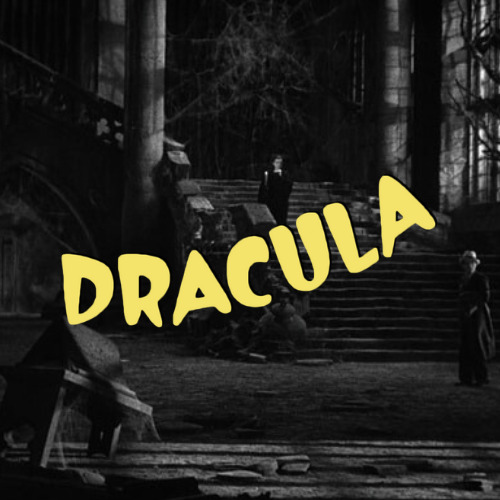
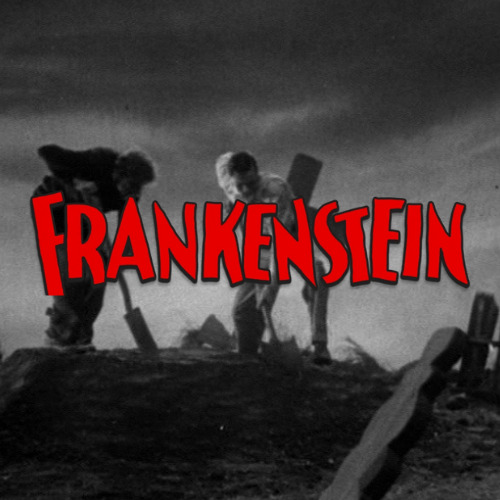

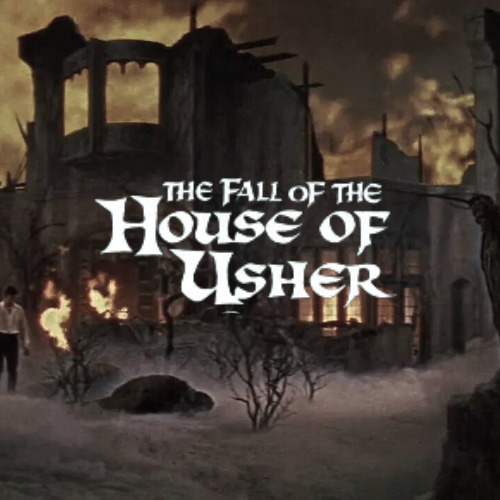


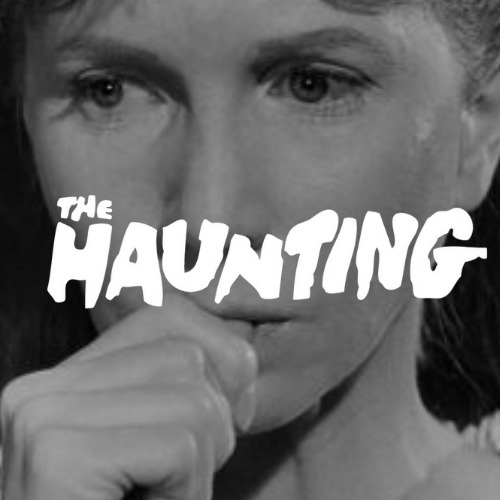
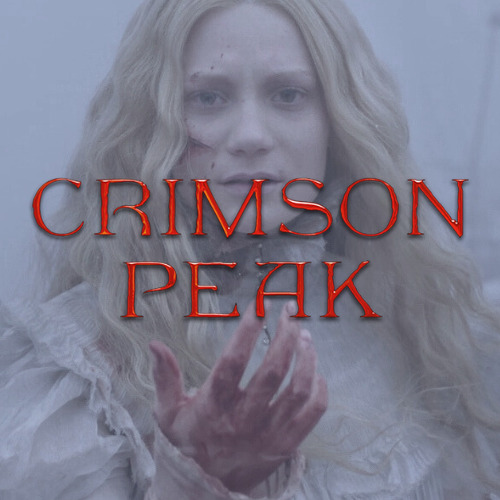
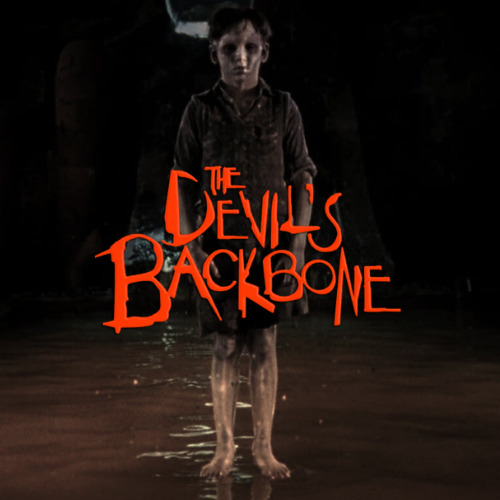
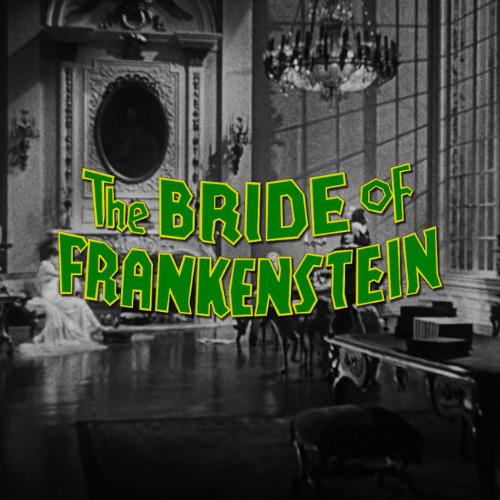

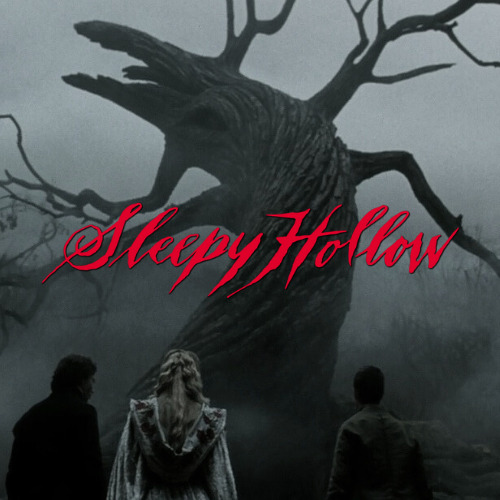
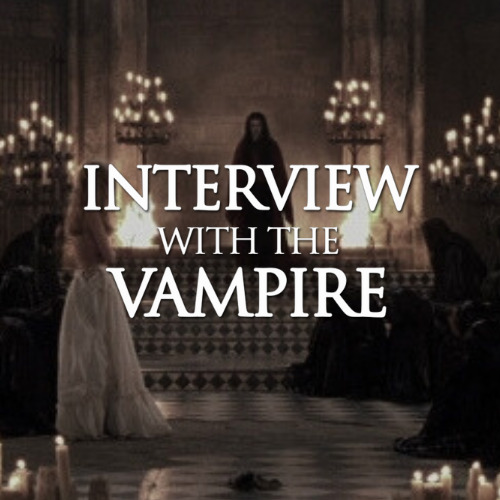
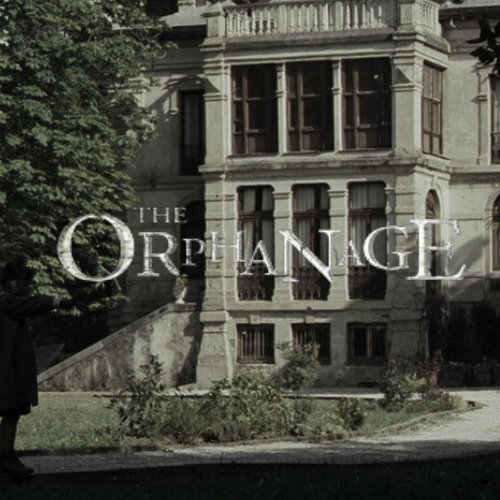
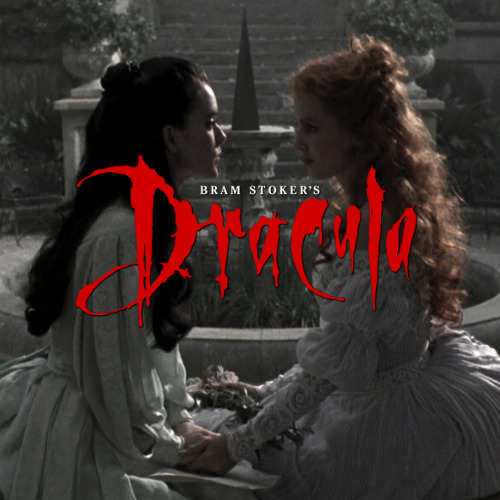
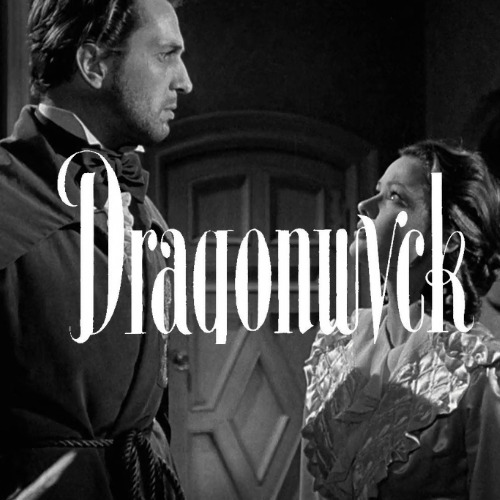
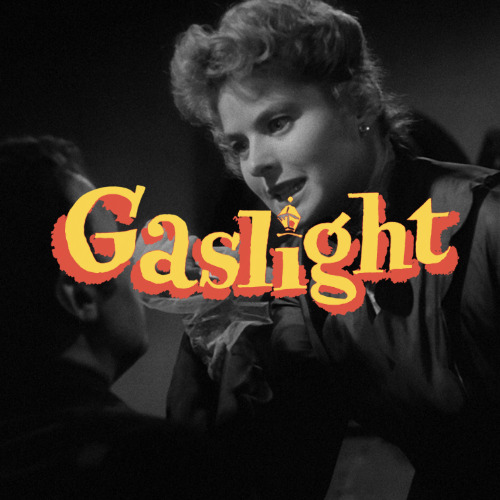

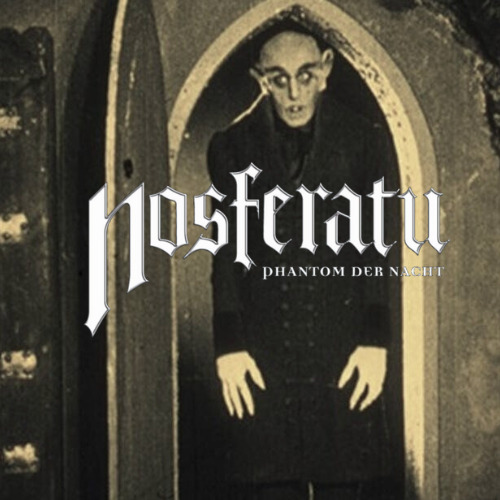
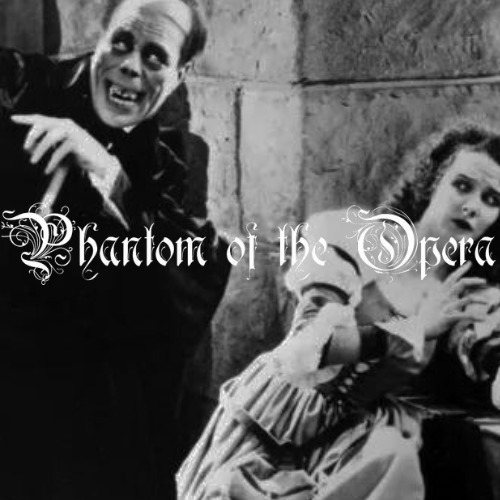
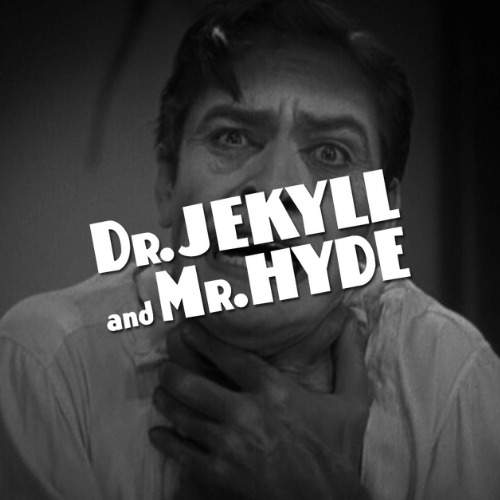
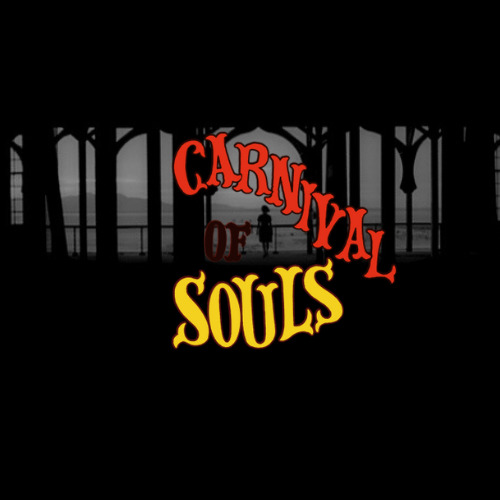
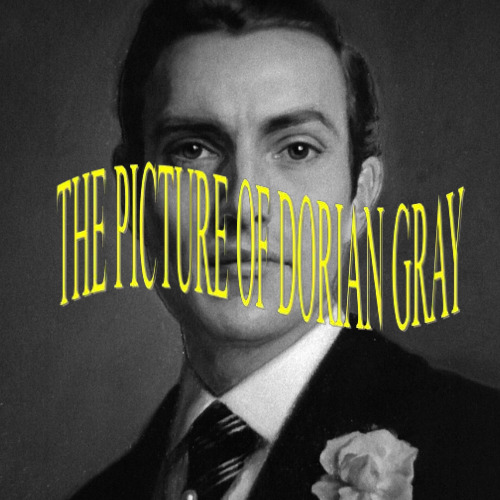
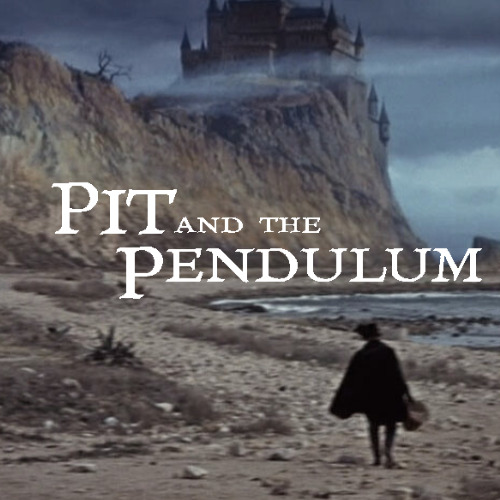
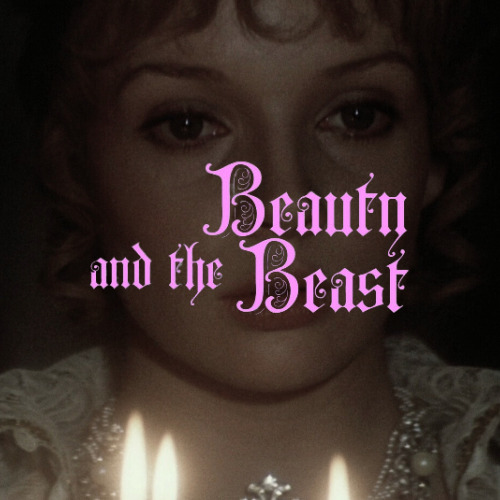
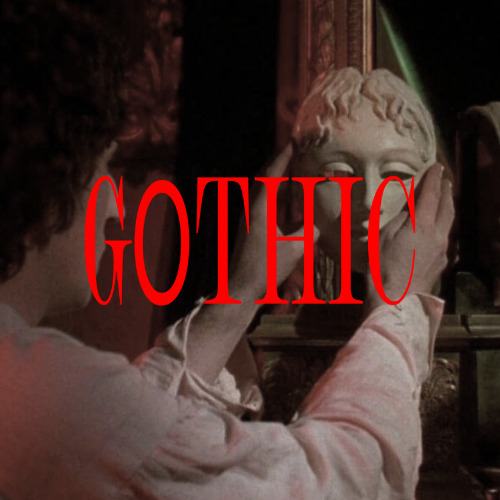

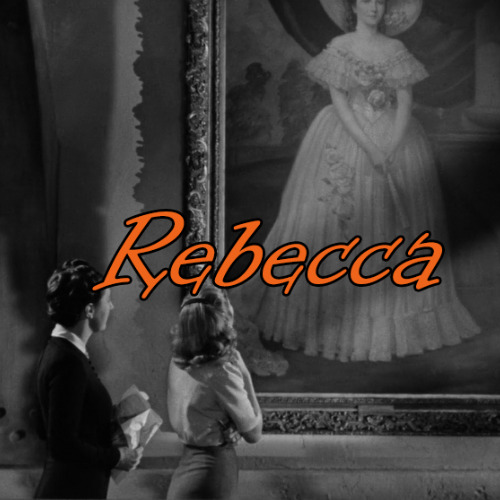
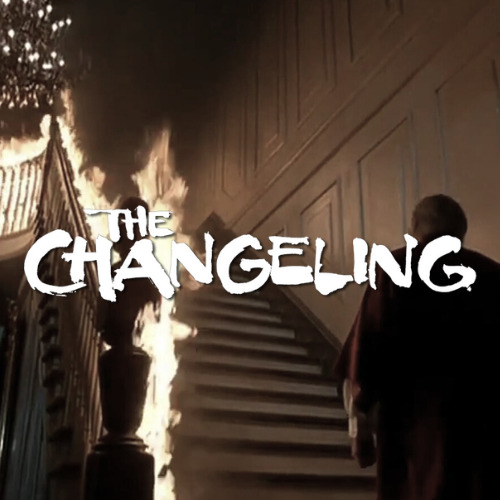

horror sub-genres: gothic
#horror#horror movies#gothic horror#horroredit#moviesedit#filmedit#cinema#horror cinema#horror aesthetic#dracula#frankenstein#the masque of the red death#the fall of the house of usher#the old dark house#the others#the haunting#crimson peak#the devil's backbone#the bride of frankenstein#the uninvited#sleepy hollow#interview with the vampire#the orphanage#bram stoker's dracula#dragonwyck#gaslight#the woman in black#nosferatu#phantom of the opera#dr. jekyll and mr. hyde
6K notes
·
View notes
Text
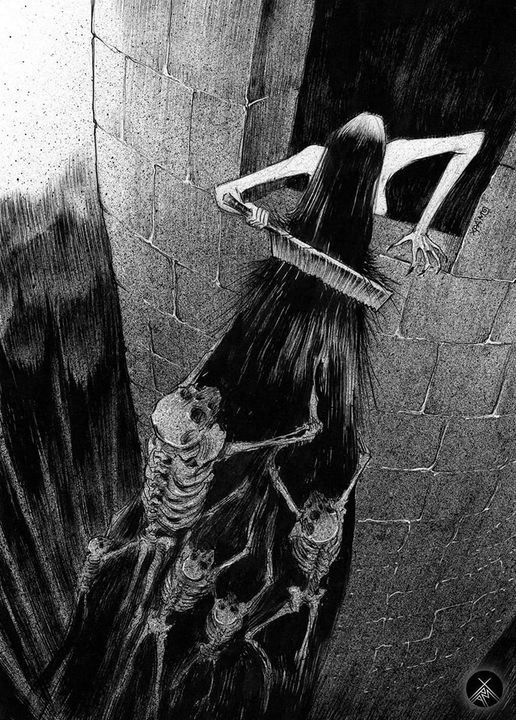
Dmitry Khramtsov - Rapunzel
#beauty in darkness#dark beauty#goth#dark art#gothic#grunge#dark#skull#dark aesthetic#art#darkness#dark artist#dark fantasy#dark grunge#darkart#darkcore#gothic horror#goth aesthetic#gothcore#gothic art#im a creep im a weirdo
74 notes
·
View notes
Text
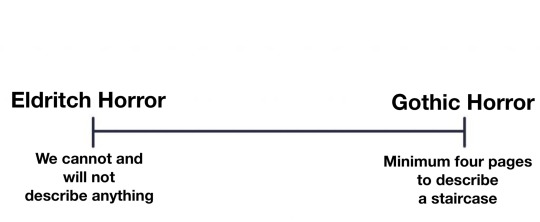
There’s two ends of the horror spectrum
#horror#gothic horror#gothic literature#eldritch horror#lovecraftian#lovecraftian horror#eldritch#gothic lit
97K notes
·
View notes
Text

"It seemed as if the whole, awful creature were simply gorged with blood; he lay like a filthy leech, exhausted with his repletion."
Bram Stoker's Dracula | portfolio | prints
#dracula#acrylic painting#evelyne park#illustration#book illustration#traditional media#my art#traditional painting#book cover art#artists on tumblr#dracula daily#vampire art#gothic horror#horror art#dark fantasy#book cover#evydraws#fantasy artist#count dracula#bram stoker
3K notes
·
View notes
Text

“I have been in love with no one, and never shall,” she whispered, “unless it should be with you.” - Carmilla, 1872
#carmilla#vampires#carmilla 1872#1800s#vampire#1800s art#sapphic#sapphics#sapphic love#gothic#vampire girl#vampire goth#vampire core#vampire aesthetic#vampirism#horror#gothic horror#gothic fiction#love as consumption
6K notes
·
View notes
Text
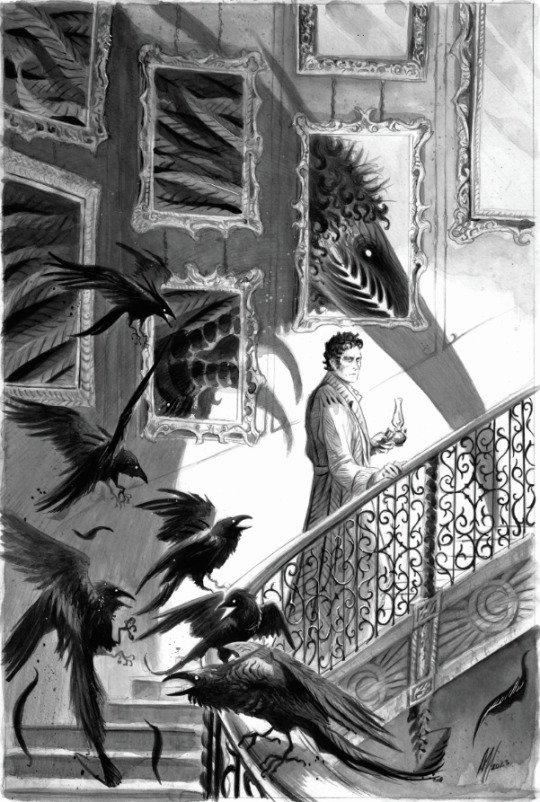
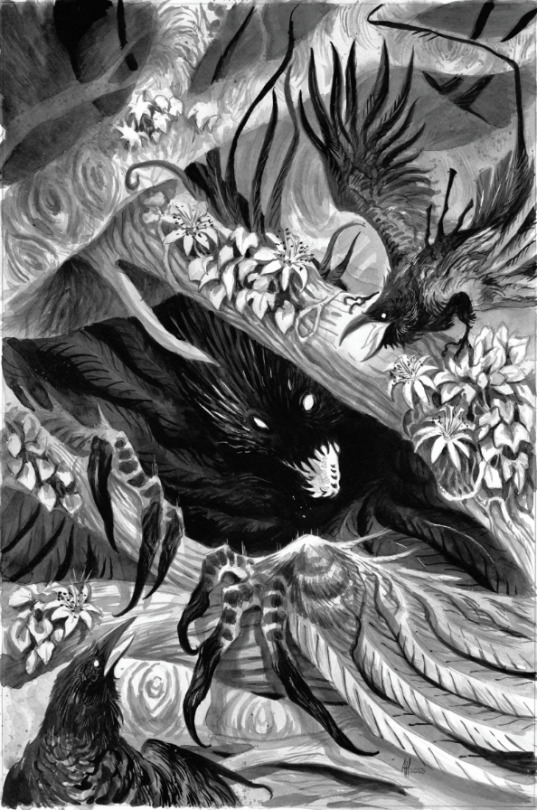
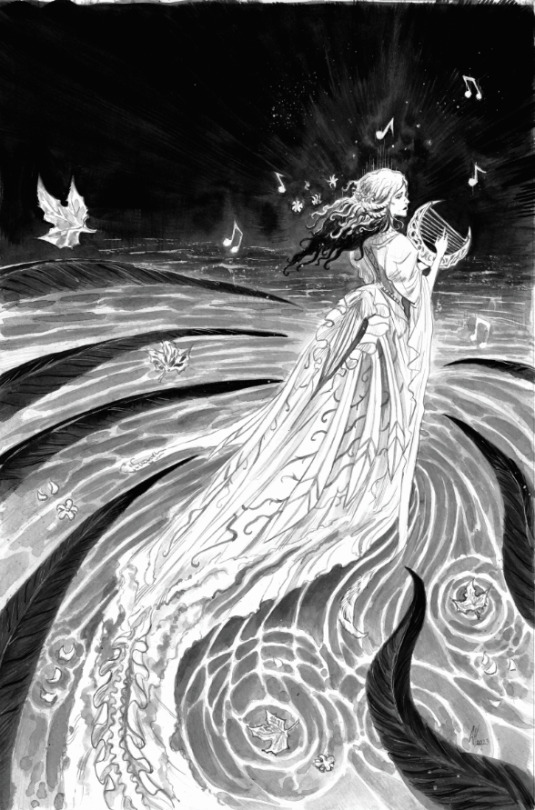
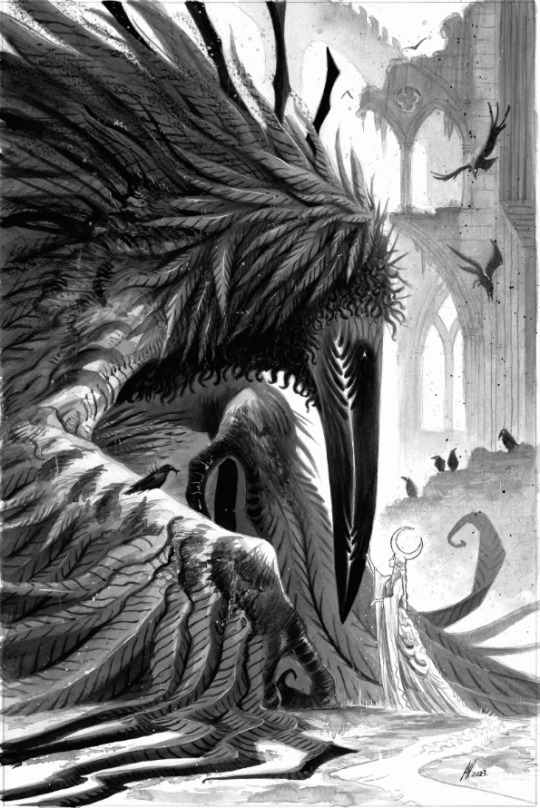
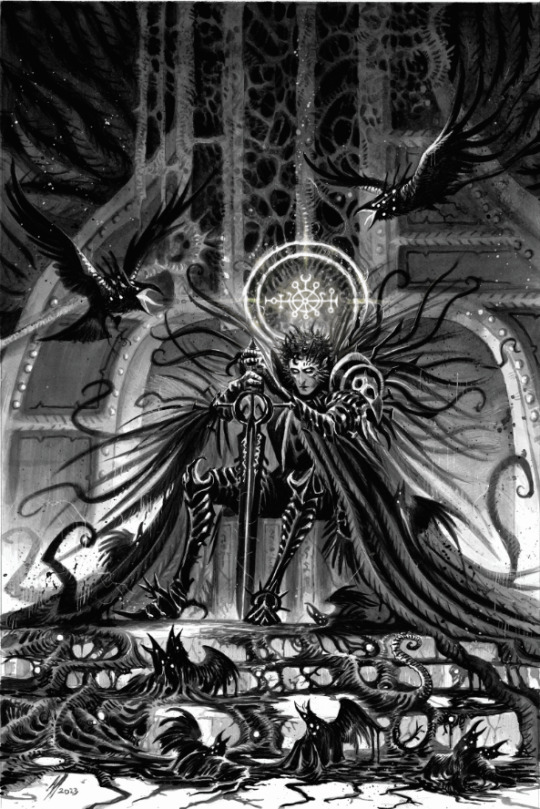
Parliament of Rooks #1-5 Covers
Base Inks.
X
#my artwork#abzjharding#abz-j-harding#ink#artist#art#artists#illustration#drawing#artists on tumblr#painting#gothic horror#parliament of rooks#crows#rooks#ravens#eldritch#victorian gothic#dark fantasy#abigail jill harding
1K notes
·
View notes